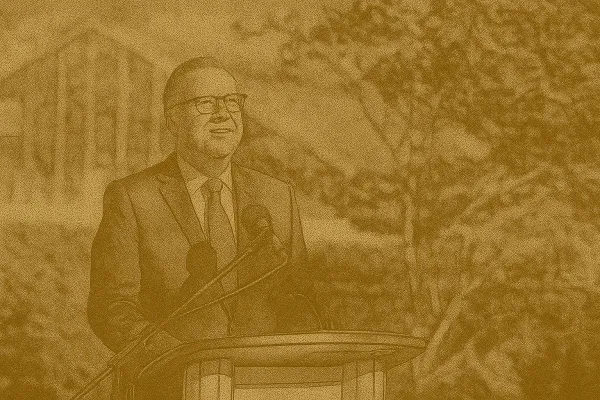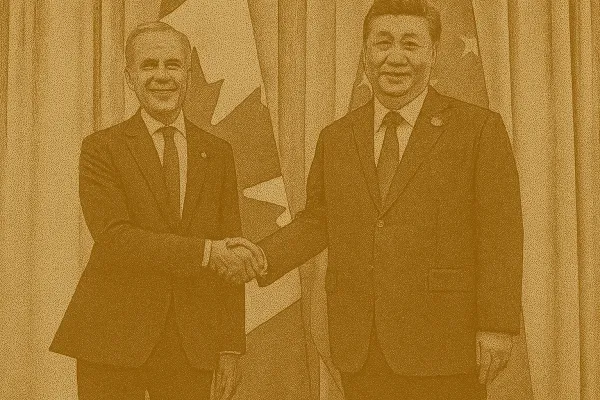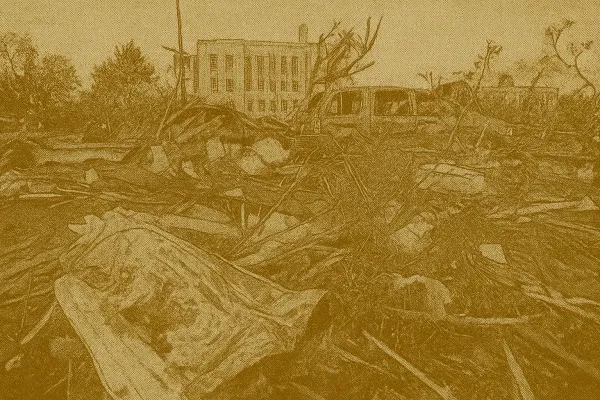Based on coverage from The Globe and Mail and CityNews Montreal.
Tony Wakeham, the newly elected premier of Newfoundland and Labrador, is wasting no time in addressing one of the province's most contentious issues: the energy agreement with Hydro-Québec. Fresh off a narrow victory that ended a decade of Liberal governance, Wakeham announced that a review of the draft energy agreement will kick off in the coming weeks. This move is part of his broader strategy to secure what he describes as the "best possible agreement" for the province.
Review of Draft Energy Agreement to Begin
Wakeham's plan involves an independent review of the draft agreement, a process he has championed since the previous Liberal government unveiled the deal last December. The draft agreement proposes that Hydro-Québec would pay approximately $38 billion for electricity generated at the Churchill Falls plant in Labrador. Additionally, Hydro-Québec would spearhead new developments along the Churchill River, which would be jointly owned by Newfoundland and Labrador Hydro.
The review aims to scrutinize the terms of the agreement, which would replace an existing contract that allows Hydro-Québec to purchase the majority of Churchill Falls' energy at very low prices. This existing contract has been a longstanding source of frustration for Newfoundland and Labrador, fuelling distrust towards Hydro-Québec.
Support The Canada Report and help keep it ad-free and independent — click here before you shop online . We may receive a small commission if you make a purchase. Your support means a lot — thank you.
Public Referendum Promised on Final Agreement
Wakeham has also promised a public referendum on any final agreement, although it's unclear how this might impact the timeline for concluding binding deals, which are currently targeted for April 2026. The premier has already met with representatives from Newfoundland and Labrador Hydro to discuss the agreement and plans to continue these discussions. However, he has no immediate plans to engage with Hydro-Québec directly.
This approach has drawn criticism from John Hogan, the Liberal leader and former premier, who argues that Wakeham should initiate discussions with Hydro-Québec sooner rather than later. Hogan, who was in office for about four months before calling the recent election, was a strong advocate for the draft agreement. He warns that Hydro-Québec might be reluctant to negotiate a deal that could ultimately be rejected by the public in a referendum.
Political and Economic Implications
The stakes are high, not just for Newfoundland and Labrador but also for Quebec, which has approximately $225 billion earmarked for its energy future. As Hogan pointed out, this investment could either benefit Newfoundland and Labrador or be directed elsewhere, depending on the outcome of the negotiations and the public referendum.
Wakeham's insistence on an independent review and a public referendum underscores his commitment to transparency and public involvement in the decision-making process. However, it also adds layers of complexity to an already intricate negotiation. As the new premier navigates these challenges, the people of Newfoundland and Labrador will be watching closely, hopeful for an agreement that finally aligns with their interests.
Related: B.C. Regulator Warns After Tesla Charging Explosion Caused by Uncertified Adapter








